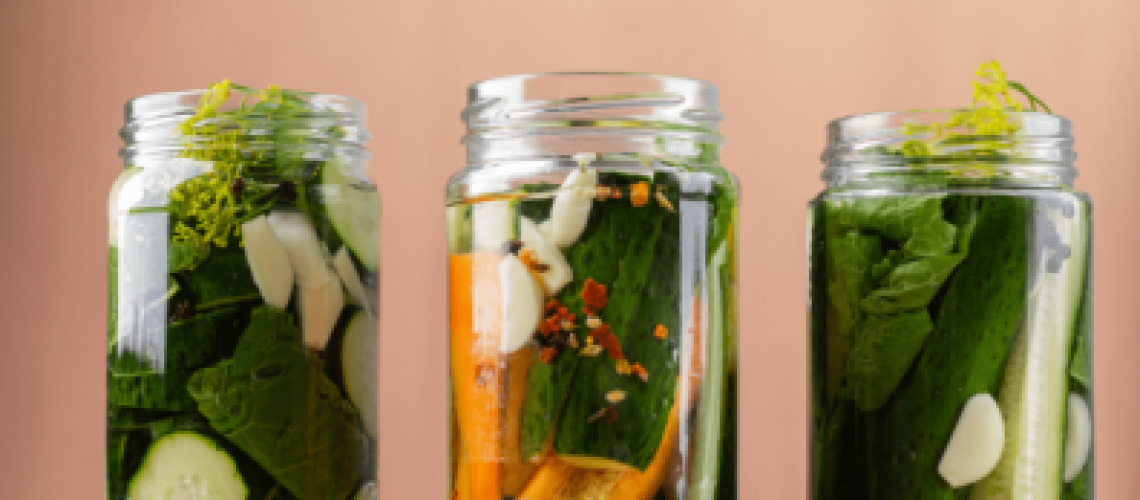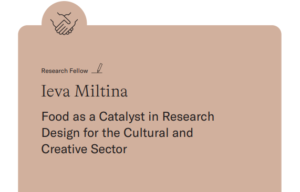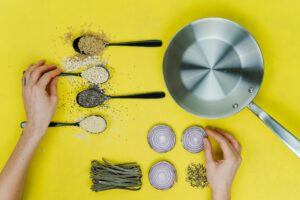In a world characterized by fast-paced living and processed foods, a growing movement is emerging that seeks to reconnect individuals with the environment while fostering physical and mental well-being. Practice-oriented workshops centered around fermentation and foraging have gained momentum as effective tools for not only improving health but also cultivating a deeper connection to the natural world. These workshops offer participants hands-on experiences that empower them to reclaim their dietary choices, enhance their overall wellness, and forge a stronger bond with the environment.
Fermentation and foraging are age-old practices that have been integral to human survival for millennia. Both are steeped in tradition and cultural significance, and their resurgence reflects a desire to rediscover these forgotten skills. Fermentation, the process of using microorganisms to transform raw ingredients into fermented foods, not only preserves food but also enhances its nutritional value. Foraging, on the other hand, involves gathering edible plants and herbs from the wild, tapping into the natural bounty that surrounds us.
The benefits of fermentation and foraging extend far beyond the culinary realm. Fermented foods are rich in probiotics, enzymes, and vitamins that support gut health and boost the immune system. They aid in digestion, increase nutrient absorption, and contribute to overall vitality. Moreover, fermented foods are known to have a positive impact on mental health by promoting a balanced gut-brain connection, which is increasingly recognized as essential for emotional well-being.
Foraging introduces individuals to a diverse array of nutrient-rich, wild-crafted plants that often boast higher nutrient content than their cultivated counterparts. Incorporating foraged plants into one’s diet can provide a broader spectrum of vitamins, minerals, and antioxidants, contributing to better health. Engaging in foraging also encourages physical activity and outdoor exploration, which are fundamental aspects of a healthy lifestyle.
Participating in fermentation and foraging workshops fosters a profound connection to the environment. These practices encourage a deeper understanding of local ecosystems, seasonal cycles, and the interdependence between humans and nature. By learning to identify edible plants and mushrooms, participants become attuned to their surroundings, creating a sense of place and belonging. This heightened awareness often leads to increased environmental stewardship and a more sustainable way of life.
Fermentation and foraging workshops provide a platform for people to come together, share knowledge, and build a sense of community. Participants often learn from experienced instructors and from each other, creating an environment of mutual learning and growth. The communal aspect of these workshops encourages the exchange of recipes, techniques, and personal stories, further enriching the experience.
By learning practical skills, participants can integrate these practices into their daily lives, making conscious choices that align with their values. The act of transforming raw ingredients through fermentation or gathering wild foods instills a sense of accomplishment and self-sufficiency, enhancing confidence and resilience.
Fermentation and foraging workshops are not mere trends but a reawakening of ancient wisdom that offers invaluable tools for improving health, fostering well-being, and deepening our connection to the environment. As more individuals seek ways to lead balanced and harmonious lives, these workshops provide a gateway to a holistic approach that encompasses physical nourishment, mental vitality, and a renewed reverence for nature. By embracing the art of fermentation and the skill of foraging, we embark on a journey that transforms our relationship with food, ourselves, and the world around us.








